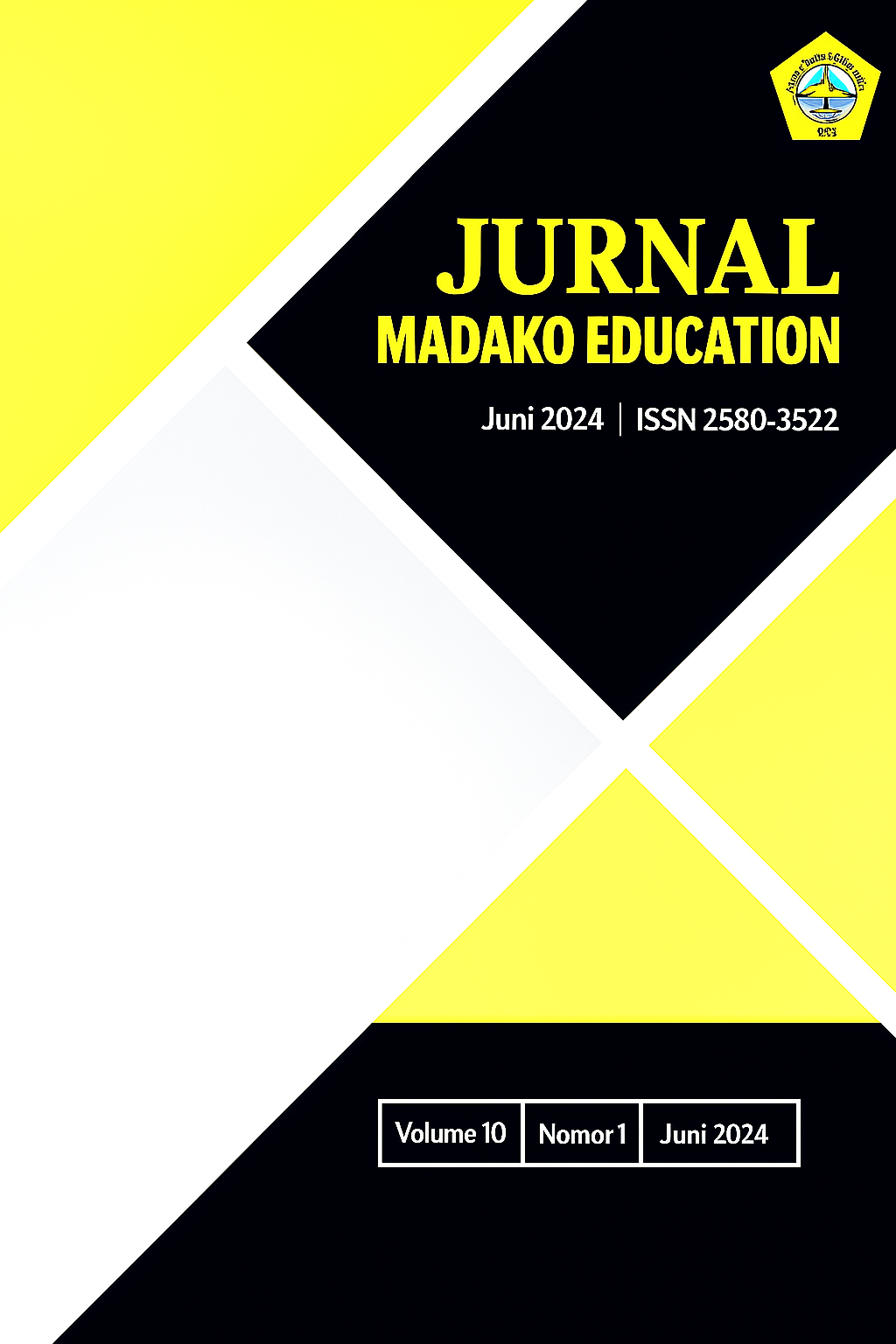The Correlation Between Metacognitive Strategy And Listening Comprehension Of Seventh Semester Students At Madako University
DOI:
https://doi.org/10.56630/jme.v10i1.803Keywords:
Correlation, listening comprehension., Metacognitive StrategyAbstract
This study aimed to determine the significance of the relationship between metacognitive strategies and students' listening comprehension skills. This research employed a quantitative correlational design. The samples consisted of 12 seventh-semester students selected through purposive sampling. The data were collected using a metacognitive strategy questionnaire and a listening comprehension test adopted from the TOEFL examination. The data were analyzed using the Pearson Product-Moment correlation technique with the SPSS v19 statistical program. The results of the analysis revealed that the sig. (2-tailed) The value was 0.944, which is greater than the significance level of 0.05, indicating no statistically significant correlation between the two variables. Furthermore, the correlation coefficient (r = 0.113) indicated a very weak relationship between metacognitive strategy use and listening comprehension. Based on these findings, the null hypothesis (H₀) was accepted, and the alternative hypothesis (Hₐ) was rejected. These results suggest that the use of metacognitive strategies alone may not directly influence students' listening comprehension performance in this context. The findings imply that other factors—such as linguistic competence, vocabulary mastery, or the quality of listening instruction—may play a more dominant role. Therefore, it is recommended that future research involve a larger sample size and include additional variables to understand better the complex factors affecting listening comprehension.
References
Chen, W. (2018). A critical discourse analysis of donald trump’s inaugural speech from the perspective of systemic functional grammar. Theory and Practice in Language Studies, 8(8), 966–972. https://doi.org/10.17507/tpls.0808.07
DURMAZ, B. N., & AŞIK, A. (2022). The Adaptation of Metacognitive Awareness Listening Questionnaire into Turkish. Gazi Üniversitesi Gazi Eğitim Fakültesi Dergisi, 42(1), 897–920. https://doi.org/10.17152/gefad.956518
Goh, C. C. M. (2017). Metacognitive Awareness Listening Questionnaire (MALQ). In The Sourcebook of Listening Research (pp. 430-437.). https://doi.org/10.1002/9781119102991.ch45
Listiyaningsih, T. (2017). The Influence of Listening English Song to Improve Listening Skill in Listening Class. Academica : Journal of Multidisciplinary Studies, 1(1), 35–49. https://doi.org/10.22515/academica.v1i1.601
Morisano, D., Hirsh, J. B., Peterson, J. B., Pihl, R. O., & Shore, B. M. (2010). Setting, Elaborating, and Reflecting on Personal Goals Improves Academic Performance. Journal of Applied Psychology, 95(2), 255–264. https://doi.org/10.1037/a0018478
Vandergrift, L., Goh, C. C. M., Mareschal, C. J., & Tafaghodtari, M. H. (2006). The metacognitive awareness listening questionnaire: Development and validation. Language Learning, 56(3), 431–462. https://doi.org/10.1111/j.1467-9922.2006.00373.x
Wang, Z. (2020). Teaching Listening Comprehension. Learning & Education, 9(3), 62. https://doi.org/10.18282/l-e.v9i3.1576








